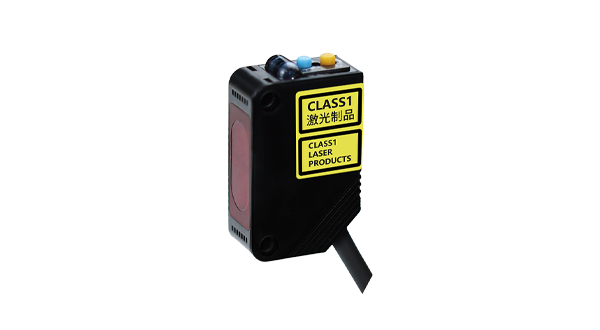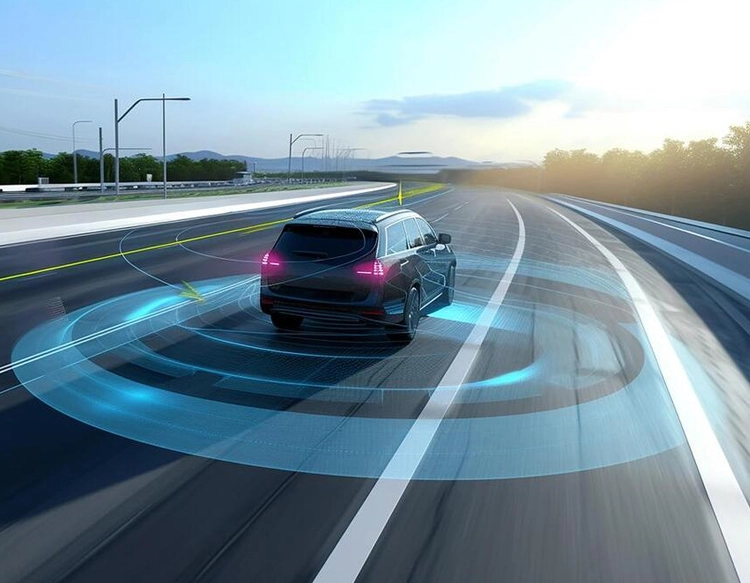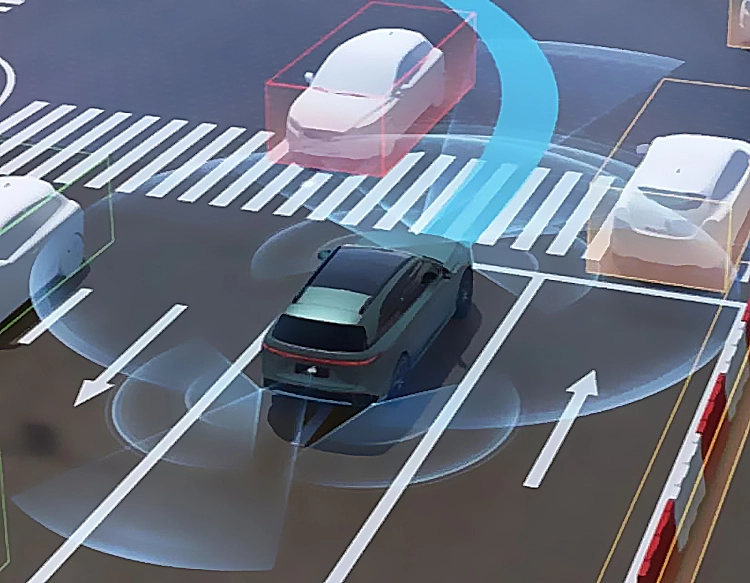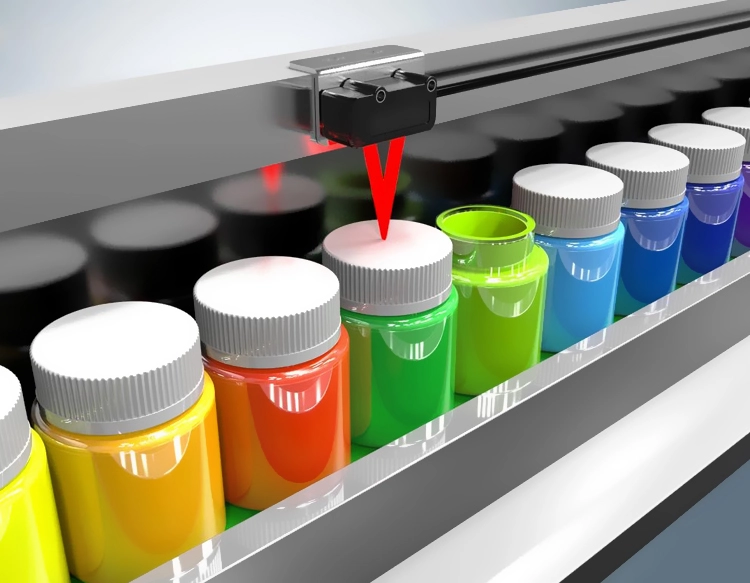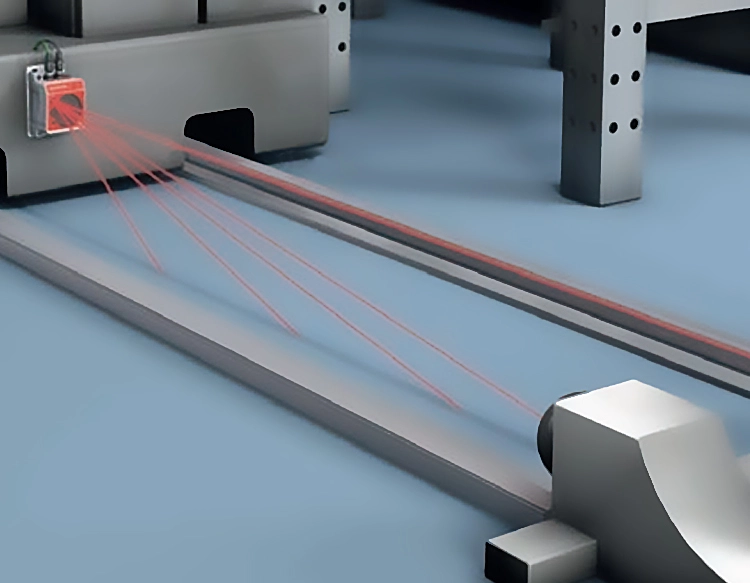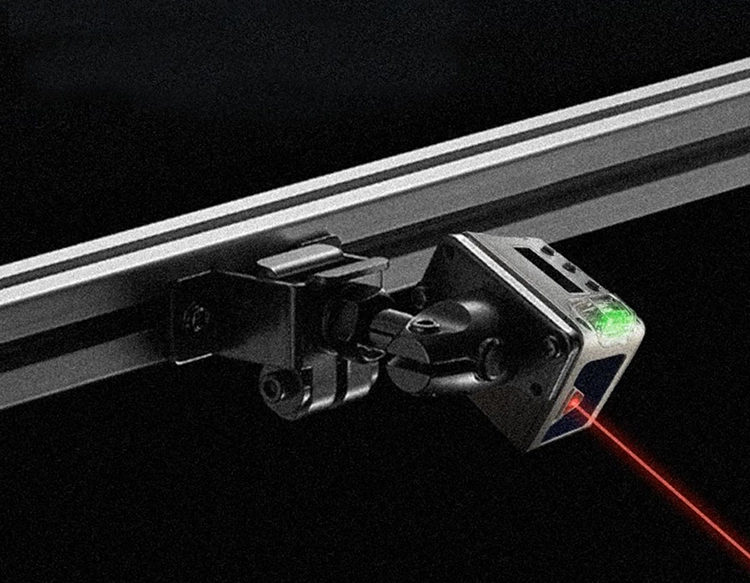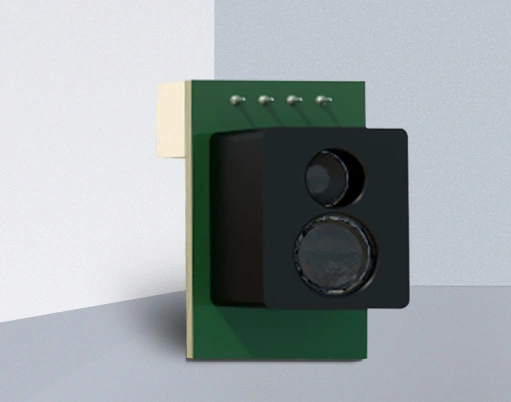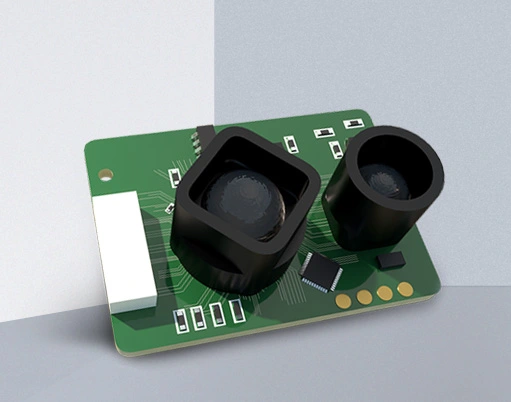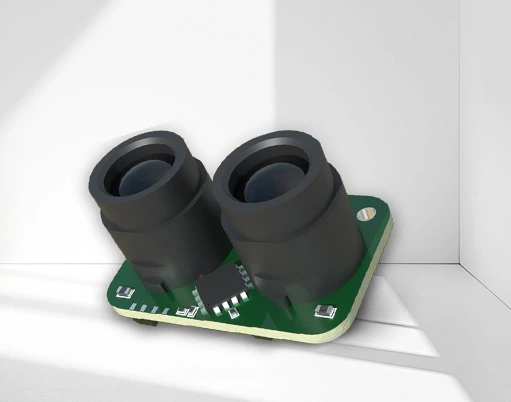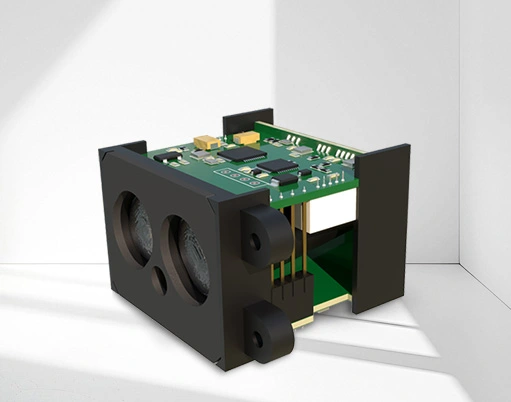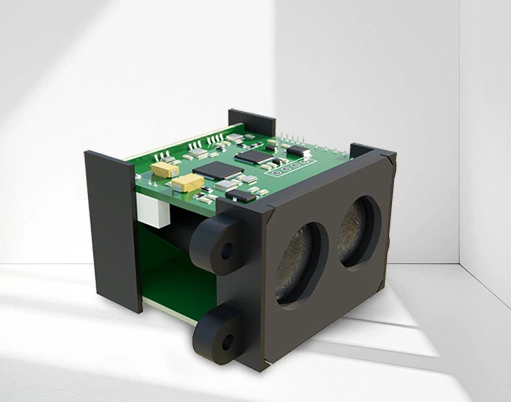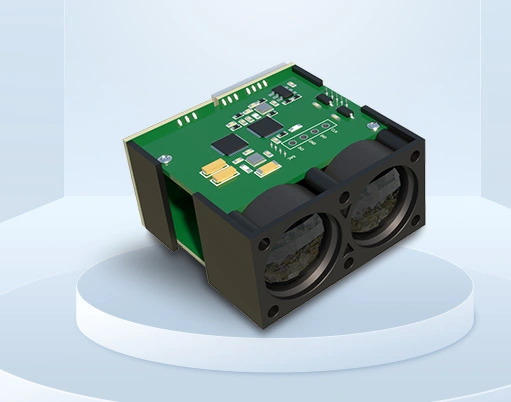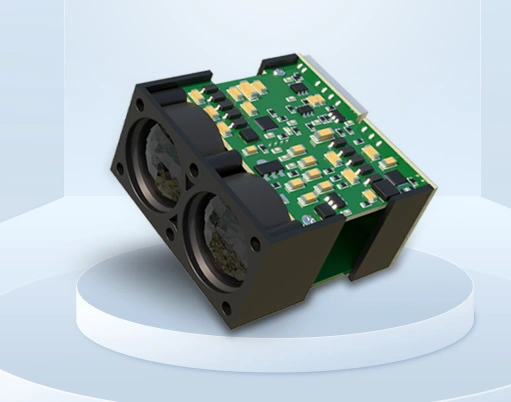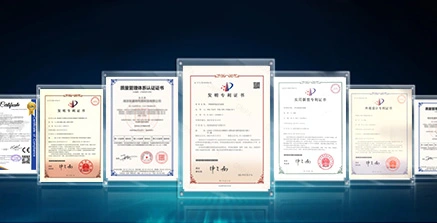Laser ranging sensors play an important role in modern technology, and their advantages are mainly reflected in the following aspects:

1. High precision: Laser ranging sensors can achieve very accurate distance measurement, usually with an accuracy of millimeter level, suitable for application scenarios that require high-precision measurement.
2. High speed measurement: Laser ranging sensors work quickly and can achieve fast and real-time measurements, suitable for real-time monitoring and control systems that require high-speed response.
3. Long distance measurement range: Laser ranging sensors have significant advantages in distance measurement range, which can achieve ranging from a few centimeters to hundreds of meters or even farther, suitable for measurement needs in different distance ranges.
4. Non contact measurement: The laser ranging sensor adopts the principle of non-contact measurement, which can complete the measurement without contact with the target object, avoiding the risk of damage that may exist in traditional measurement methods.
5. Strong anti-interference ability: Laser ranging sensors have strong resistance to external factors such as ambient light and temperature interference, ensuring measurement stability and reliability.
Overall, laser ranging sensors have advantages such as high precision, high-speed measurement, long ranging range, non-contact measurement, and strong anti-interference ability. They are widely used in industrial automation, robotics, unmanned driving, surveying, and other fields, providing important support for the development of modern technology.















